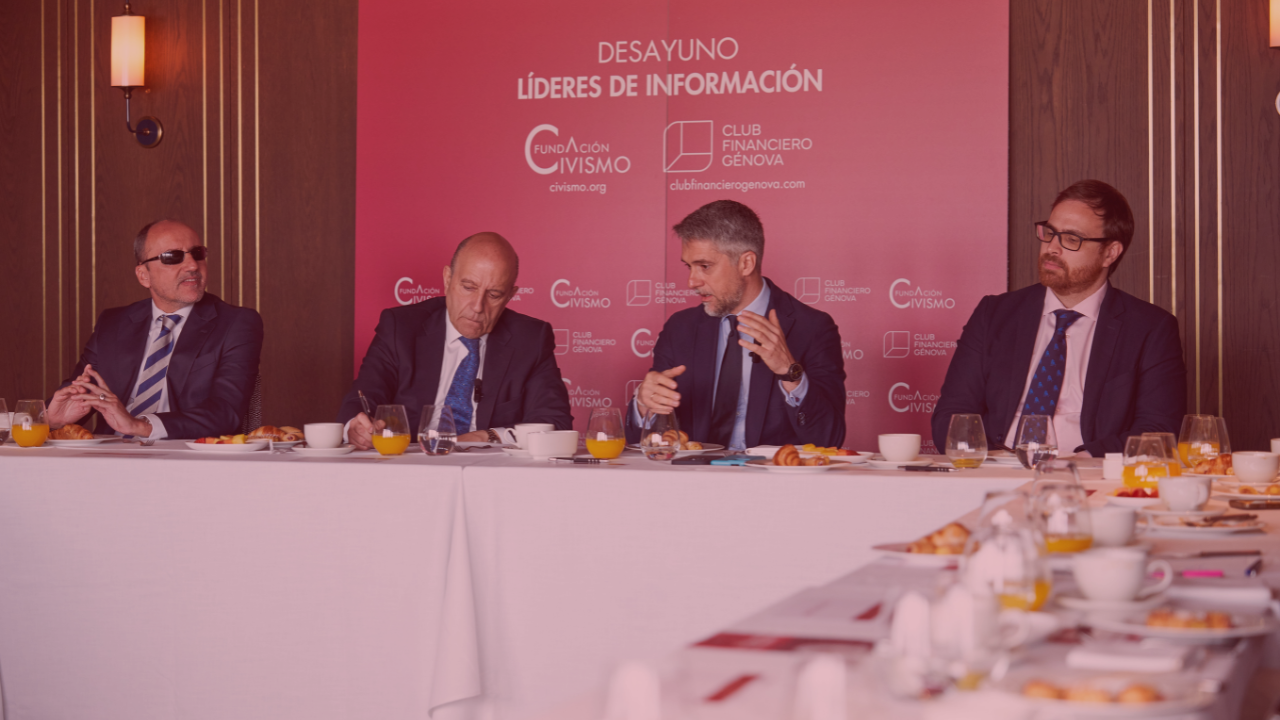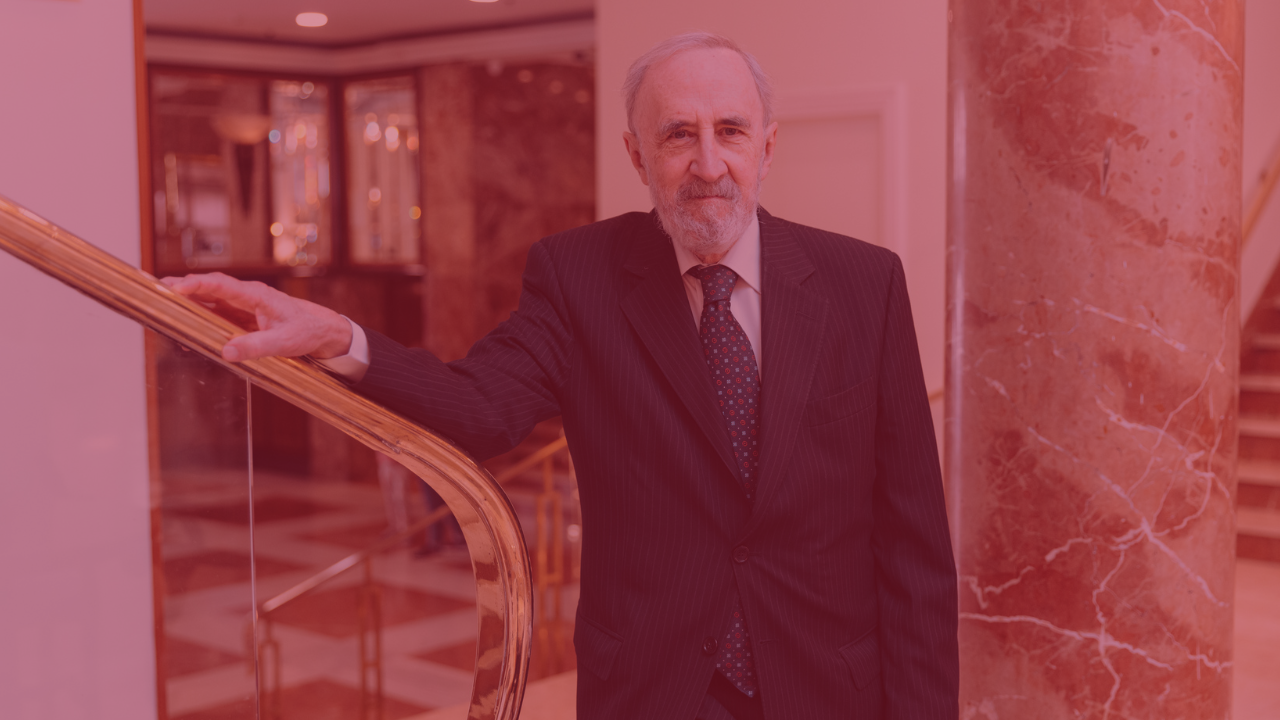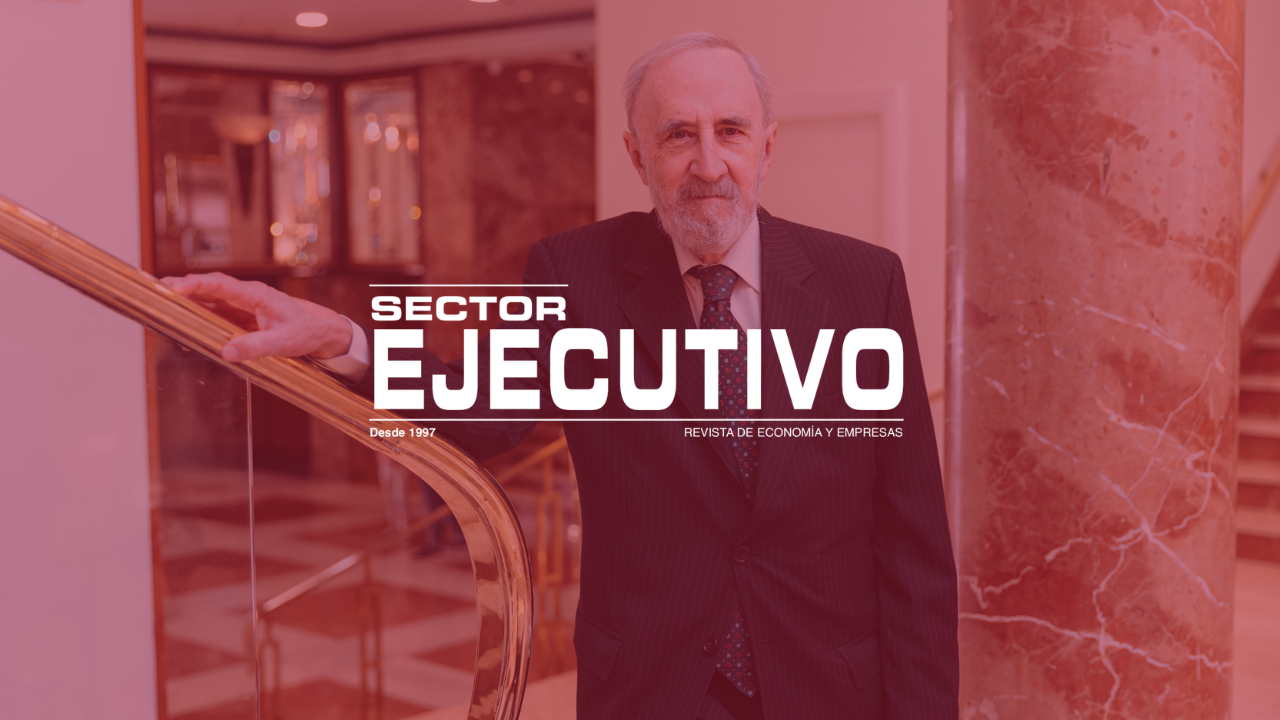Deny, deflect, deflate. Most politicians’ reaction to a scandal still runs through some combination of the old-school Nixonian playbook, stubbornly defying a diligent press corps and the 24-hour news cycle. Over the past week and a half, a Spanish politician’s handling of an illegal visit by a Venezuelan criminal points to an alternative template: when cornered by the facts, play as if you were working to prevent the very wrongdoing you’re accused of. Smart, ain’t it?
The saga starts around noon on Sunday 19th. Maduro’s Vicepresident Delcy Rodríguez flew out of Caracas on her private Falcon, bound to Istambul for preparatory meetings ahead of the 100th anniversary of Turkish-Venezuelan ties. Mid-flight, the airliner’s crew asked Spain’s air traffic authorities for permission to land at Madrid’s Barajas airport.
Both Spain and Venezuela’s governments insisted at first that the scale was needed to comply with international pilot fatigue rules midway through the wearisome journey from Caracas to Turkey, and was in no way premeditated. This poked the first hole in their dubious account of the facts—if you care to have your pilot rest, surely you’d ask for permission in advance, not to risk leaving him stranded in the air—, but let’s take their tale at face value for now.
It turns out —and this further weakens the pilot fatigue alibi— that along with Rodríguez flew Venezuela’s Tourism Minister, Félix Plasencia, who was due to attend an international tourism fair held in Madrid that week, and thus needed to land. Plasencia may be a lower-level official in one of the world’s most censured regimes, but Spain’s leftist government wasn’t one to give Maduro’s cronies the cold shoulder —more on that sleazy relationship later.
So when the plane touched down in the wee hours of Monday morning, Spain’s Transportation Minister José Luis Ábalos was at Barajas to meet Plasencia, whom he has called a “longtime friend”.
His very presence there raises a number of burning questions—Spain has recognized Juan Guaidó as Venezuela’s interim president—, let alone how the plane was permitted to land in the first place. Per EU sanctions, Spain is statutorily obliged to keep some 50 regime officials charged with gross human rights violations from setting foot in Spanish soil, Delcy Rodríguez foremost among them.
From the moment the story surfaced on Friday last week, Ábalos dug in to deny that he ever saw Rodríguez, admitting only to have met Plasencia and him alone at the airport —a sign of courtesy to the man, not the regime, he claimed. On Sunday, he gave in to the emerging evidence that he’d been inside the plane, confessing to a 25-minute sit-down with Rodríguez.
He has since claimed the meeting was solely aimed at persuading Maduro’s number two not to set foot in Spain, thereby sparing her involuntary hosts a diplomatic incident of possibly large proportions. He has also been cornered into confessing that he gave explicit orders to the police not to have Rodríguez deported, as would have naturally occurred absent any interference.
Since Ábalos’ trail of lies, half-truths and ever-changing rendition of events started catching up to him, he has sought cover in the principle of “diplomatic discretion”, insisting he had nothing to hide but still choosing to keep the details of his manoeuver secret. First, he claimed he took to Barajas solely to greet his friend Plasencia, only to find out he was being presented with the fait accompli of Rodríguez’s troublesome presence. Later he admitted to have been aware in advance.
Throughout this wobbly tale, Ábalos and his ministerial colleagues have insisted the manoeuver was a skillful success to keep out a persona non grata, and that the unsavory experience needed to be kept secret, thus the evolving versions in response to emerging evidence.
This wouldn’t be the first time diplomatic protocol is invoked to cover a political cock-up. The issue here is that Ábalos’ ploy was awfully flawed even by the standards of diplomatic caution. If Spain’s government was so determined to comply with EU sanctions and Rodríguez’s intention to breach them was known in advance, why not refuse her entry from the get-go, if secretly? Why let the plane land and resort to damage control at the last minute?
Which brings us to the political unknowns that could emerge from this whole affair. PSOE’s coalition partner in government, the far-left Unidas Podemos, has a long record of friendly ties with Maduro and his cronies, stretching back to a number donations and consulting gigs in Chávez’s time.
But Podemos’ leader, the ponytailed, not-so-reformed communist Pablo Iglesias denies any involvement and claims he was unaware of Delcy’s visit all along. Which doesn’t rule out that Podemos’ new status as a governing party since November last year didn’t play some role in bringing Delcy to Spain.
Others speculate, indeed, on the basis that Maduro’s thugs may have soured on their former sponsees for not doing enough to drum up opposition to sanctions in Spain and abroad. Maduro is thought to have compromising evidence of Podemos’ enduring links with his regime, and may stand ready to release the dirt at any minute.
This is where PSOE comes into play. Ábalos is widely seen as part of the party’s moderate wing, having stood staunchly against entering a coalition agreement with Podemos. He was backed up in that effort by a cadre of retired PSOE bigwigs such as former PM Felipe González and former VP Alfonso Guerra, who are now turning their backs on Ábalos for his freelance, embarrassing scheme.
Was Ábalos on a mission to get dirt on Podemos when he met Delcy on her plane? Worse still: was Delcy’s purpose to blackmail Ábalos for favors, threatening to release compromising evidence on PSOE’s junior coalition partners, and indirectly sully PSOE itself? Spain is largely seen as Europe’s feeblest objector to Maduro’s crimes, but the regime could sure get a little extra help.
Maduro could also hold dirt on PSOE itself, a possibility examined at length by Vanessa Vallejo in her PanAm Post piece on Tuesday. Even under PSOE’s interim government prior to the coalition with Podemos, Spain came awfully close—and has remained since—to being sanctioned by the US Treasury for the Bank of Spain’s role as a clearinghouse for Maduro’s blood-soaked money.
Granted, this all remains largely the domain of speculation. It may well be that Ábalos’ secret rendezvous was a valiant attempt keep Spain out of trouble. But until the air is cleared, PSOE can be justifiably suspected to have enabled Delcy’s trip to Istambul by at best underenforcing EU sanctions. If proven true, it frankly shouldn’t come as a surprise.






